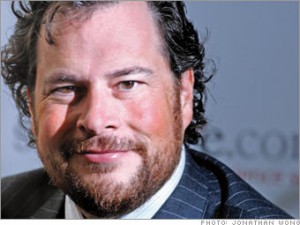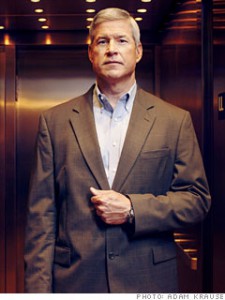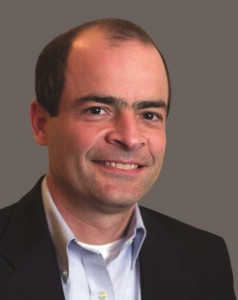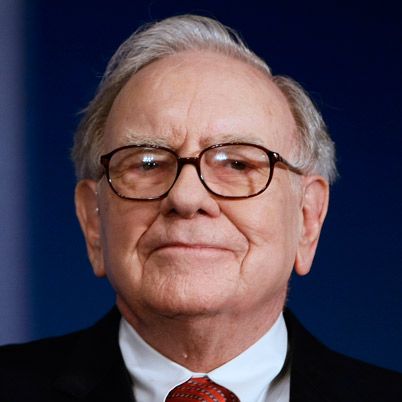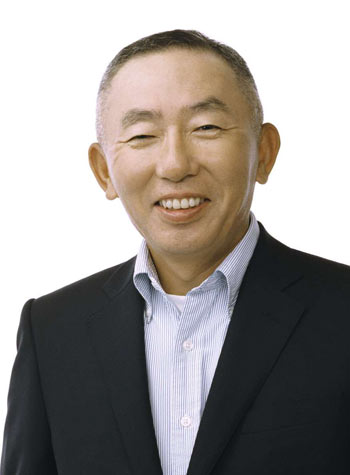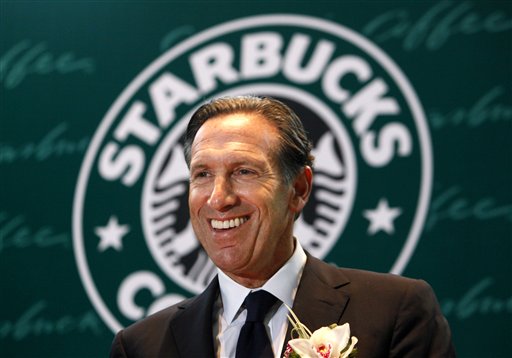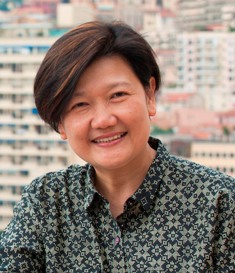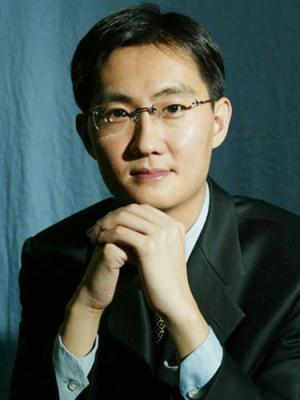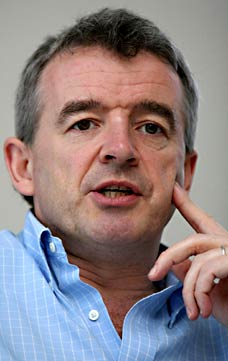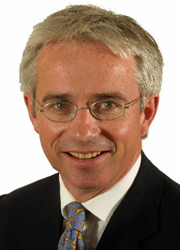CEOs have taken on new significance in this era of economic stagnation: they are the self-starters who are building businesses, creating jobs and stimulating the economy. The impulse to dissect their personalities and motivations to see what they have in common is therefore quite natural. If we can learn what makes the best and the brightest so successful, then aspiring entrepreneurs and future business leaders can learn from that, which will lead to even more economic growth.
Several studies have been done on the personality traits of CEOs, and they found five distinct traits amongst them:
- A need for achievement
- A locus of control
- Risk-taking propensities
- Tolerance of ambiguity
- A Type-A personality
These five qualities are not found in every single CEO, however. The amount and strength of the characteristics can often be determined when looking at what motivates CEOs. Largely, CEOs can be said to be motivated by three things:
- Achievement, where hitting targets is the main interest and driving force for the person,
- Affiliation, the desire to create something that lasts to benefit family or legal heirs,
- Or power, the need to be in charge of other people.
Let’s take a look at some of the top CEOs and what we can establish from their behavior.
Marc Benioff, Salesforce.com
Marc Benioff began cloud-computing giant Salesforce.com before anyone else was thinking about cloud computing. He left a job at Oracle to co-found the company in 1999, and now it has redefined how people use corporate software. Instead of buying software and installing it on company servers, they are accessing their information online. This revolution has seen the company generate $2.27 billion in revenue, and Benioff has credited that success to accuracy, saying “We’ve been deadly accurate in what’s happened over the last decade.”
Clearly a risk taker, Benioff is also very tolerant of ambiguity and motivated by achievement. Crediting his own correct predictions suggests he has a real internal locus of control, seeing his success in his own rightness.
Jeffery Boyd, Priceline.com
Jeffery Boyd took over Priceline.com in 2002, taking a failing business with a promising product and turning it into the market leader. Instead of focussing on the company’s previous plan, the “name your own price” approach, he turned the site into the Google of holidays: he let other websites use their data and computers to give people the holiday results they want. Most of the company’s customers search for the holiday they want on a different website, and the results the other websites show come from Priceline.com.
Boyd tried out a bold new strategy for a failing company, so he is clearly ambiguity tolerant. His desire to almost single-handedly turn things around suggests a competitiveness that is consistent with a Type-A personality and an internal locus of control.
Carlos Brito, Anheuser-Busch Inbev
Carlos Brito began as CEO of Inbev, a South American brewer that under his direction grew so large that it could buy out Anheuser-Busch in 2008. Since then, profit margins have risen by 10%. He prefers commuter trains to private cars, and he considers petty politics to be the bane of business.
He took over a successful Brazilian drinks company, Brahma, and has subsequently found power through mergers. His distaste for petty politics indicates he likes to persuade people, suggesting that he is motivated by power. His preference for trains over private cars and drivers hints that he may have an external locus of control. He may be happy to be taken places that are near, but not necessarily exactly where he wants to be by people he has no direct control over.
Warren Buffett, Berkshire Hathaway
Warren Buffett became CEO of Berkshire Hathaway in 1965, but he has kept its portfolio of railroads, insurers, chemical manufacturers and other businesses completely modern. The company generates US$11 billion every year in profits.
He built his fortune through a series of shrewd buyouts and takeovers, suggesting a preference for influence over achievement and a man who is motivated by power. He is likely to be a Type-A personality, but he is somewhat risk-averse, preferring to build his company’s fortunes through a series of logical, fairly safe investments than by building and launching products. Still, this is all balanced out by a strong sense of responsibility, both to his company and to the wider world.
Tadashi Yanai, Fast Retailing
Japan’s richest man, Tadashi Yanai is responsible for turning its biggest brand, Uniqlo, into a global brand. Under his leadership, Fast Retailing has seen sales double over the past five years, right as the recession has been closing down other retailers. This has allowed the company to buy up brands like Helmut Lang and Comptoir des Cotonniers. Still, his autobiography, One Win, Nine Losses, makes it clear that he learns as much from his defeats as he does from his victories.
Of his defeats, he said, “I might look successful but I’ve made many mistakes. People take their failures too seriously. You have to be positive and believe you will find success next time.” This attitude suggests Yanai can easily tolerate ambiguity and may have an external locus of control, as he accepts failure rather than fighting against it.
Howard Schultz, Starbucks
Schultz famously took a Seattle coffee house and, after an inspiring trip to Italy, turned it into a global monolith that married Italian coffee culture with the American assembly line production method and service standards. He took eight years off, and then returned in 2008 to see the company introduce instant and single serve coffees into homes around the world.
He is credited with inventing the modern coffee house industry, but he has said “I always believed that shareholder value must be balanced with a social conscience.” As a result, Starbucks continues to be named one of the best companies to work for. He clearly has a risk-taking propensity and a tolerance for ambiguity, but his refusal to put success ahead of employees’ welfare indicates he’s not a strong Type-A personality.
Olivia Lum, Hyflux
In 1989, Olivia Lum saw a gap in an unlikely market – drinking water. She set up what would eventually become Hyflux, one of Asia’s leading water treatment and recycling companies, with only US$15,000. This is hardly her first remarkable achievement: she was adopted at birth and brought up in a shack in Malaysia, and she eventually earned a degree in chemistry. Now, Hyflux’s success has seen her become one of the richest women in South East Asia.
Her life story demonstrates a deep desire to achieve, as she simply could not have pulled herself out of poverty without a desire to make something of herself. This may have been underlined by a desire for affiliation, as she sits on several boards, councils and committees dedicated to improving access to clean water and improving the environment. She has a very strong locus of control.
Ma Huateng, Tencent
He may not be well known in the West, but Ma Huateng is CEO of the third-largest internet company in the world. He founded Tencent in 1998 with four friends, doing everything from designing their websites to cleaning the toilets if need be. Now, Tencent offers China’s increasing numbers of internet users products including web portals, social networks, online games and a smartphone messaging service, all of which earn the company US$53 billion.
A man willing to do whatever it takes to succeed, Ma is clearly motivated by a need for achievement. He has an internal locus of control, as he saw how the littlest actions moved his company closer to success. Building a successful internet company in China must have required both a propensity for risk-taking and a tolerance for ambiguity.
Michael O’Leary, Ryanair
CEO of Ryanair since 1994, Michael O’Leary has grown the airline as Europe’s economy has shrunk. He began doing this by offering stripped-back services for rock-bottom prices, hitting on a formula Europeans were (relatively) happy with. After all, passengers wouldn’t have to give up the foreign holidays they were beginning to take for granted, even though their money wasn’t going as far. That they have had to give up free snacks and drinks has continued to seem a reasonable exchange.
Anyone who has read an article featuring O’Leary can immediately tell he is a Type-A personality. He is incredibly competitive, seeking always to improve profits by trimming costs or adding small fees wherever possible. His proposed charge for the loos aboard Ryanair planes was a notorious example of this driving ambition to increase profits in any way possible. He is likely motivated by a desire for power.
Peter Sands, Standard Chartered
Peter Sands took the reins of the British-based global bank in 2006. Since then, the company has seen nine years of record profits, largely because it has rapidly expanded into Hong Kong and Singapore.
A traditional professional CEO, Sands has risen up the ranks of Standard Chartered to become the CEO. He has credited his company’s ability to weather the economic downturn to its conservative business model, preferring steady growth in emerging markets in India and Asia to the sub-prime mortgages and other risky investments of other banks. He has said that he comes from a “problem-solving culture”. This suggests he has an aversion to risk, as well as an internal locus of control.
Although this is hardly a comprehensive list, it suggests there are some consistent psychological characteristics and motivations amongst the world’s top CEOs. A desire for power or achievement, an ability to tolerate uncertain situations and an ability to take some risks seem to be fairly consistent. A Type-A personality and an internal locus of power are helpful, but are by no means necessary. Now these traits are becoming better understood, the business leaders of tomorrow can develop these personality traits to become the future world’s top CEOs.
Claire writes on behalf of http://www.clickinks.com, an online distributor of ink cartridges. Claire has a strong background in Psychology and currently works in marketing.

